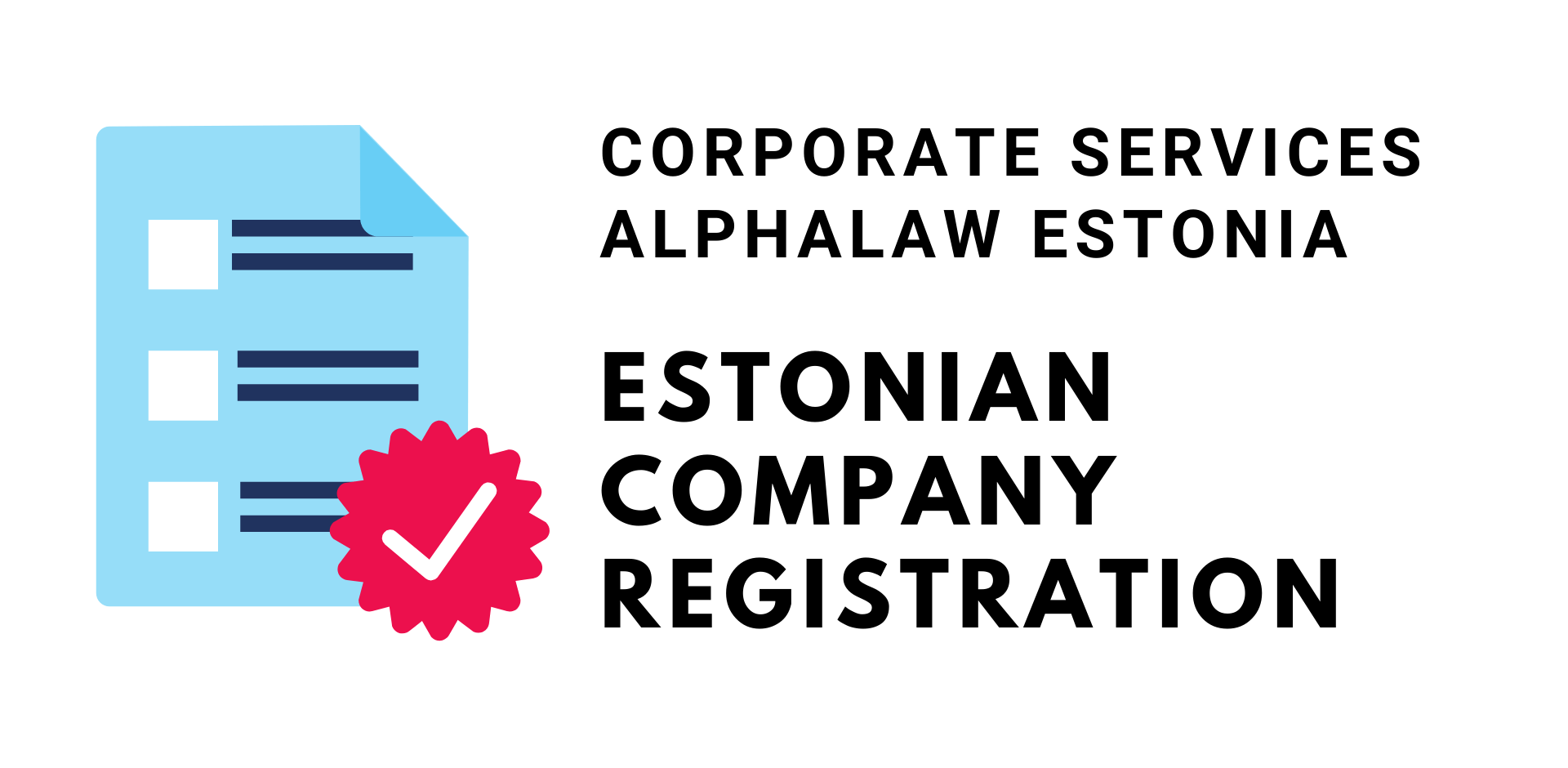
Service Companies of Estonia
Estonia, known for its innovative digital infrastructure, has developed a thriving service sector that includes IT, finance, tourism, and more. Service companies in Estonia contribute significantly to the economy and are characterized by their digital-first approach and global competitiveness.
1. IT and Digital Services
Estonia is often hailed as a digital pioneer, offering an advanced e-Government system and leading the way in fields like e-Residency and cybersecurity. Many service companies in the IT sector contribute to these advancements. Estonian IT companies are particularly prominent in software development, cybersecurity, and cloud computing. Notable examples include Nortal and Helmes, which provide digital transformation solutions to clients worldwide, and Guardtime, a blockchain-based cybersecurity company. Estonia’s vibrant tech ecosystem is supported by government initiatives encouraging innovation, making it a hub for digital services.
TransferWise (now Wise) was founded by Estonian entrepreneurs Kristo Käärmann and Taavet Hinrikus. It quickly became one of the most successful fintech companies, specializing in cross-border payments. Wise exemplifies Estonia’s strength in fintech services and has gained a global reputation for offering lower transaction fees than traditional banks.
2. Financial Services
Estonia’s finance sector is known for its innovative approach, with many fintech companies emerging due to favorable regulations and a tech-savvy population. In addition to Wise, other financial service companies, such as LHV Bank and SEB Bank Estonia, offer services ranging from traditional banking to investment and asset management. Estonia’s progressive financial regulations and digital infrastructure enable the finance sector to thrive, especially in the areas of mobile payments, online banking, and digital wallets. Estonia’s financial services have also embraced blockchain technology, with many companies offering cryptocurrency-related services.
EstateGuru and Bondora are examples of Estonian peer-to-peer lending platforms that provide an alternative investment avenue to traditional banks. These platforms connect investors directly with borrowers, democratizing access to finance and aligning with Estonia’s broader fintech innovation.
3. Tourism and Hospitality
The tourism industry is another vital part of Estonia’s service sector, supported by the country’s picturesque landscapes, medieval architecture, and cultural heritage. Estonian tourism companies have adapted to modern demands by emphasizing sustainable tourism, eco-friendly accommodations, and digital booking solutions. Companies like Tallink Grupp provide ferry services that connect Estonia with neighboring countries, such as Finland and Sweden, enhancing both leisure and business travel. Tallink Grupp also offers hotel and conference services, playing a key role in the region’s tourism infrastructure.
In addition, travel companies like Estravel, Estonia’s largest travel agency, provide a wide range of services, including customized travel packages, ticketing, and hotel bookings. Estravel caters to both domestic and international tourists, offering curated experiences that highlight Estonia’s unique culture and natural beauty.
4. Business Services
A growing number of Estonian companies offer business services, including consultancy, legal, and HR solutions. Companies like LeapIN (now Xolo) simplify company formation and financial management, especially for freelancers and small businesses operating globally. Sorainen and Ellex Raidla are prominent law firms that offer legal services, especially for startups and tech companies needing legal expertise in international markets.
Estonia’s efficient e-Government and e-Residency programs allow many companies to operate entirely online, attracting global businesses. These digital services have positioned Estonia as an attractive location for foreign entrepreneurs and digital nomads seeking cost-effective and business-friendly environments.
5. Education and Training Services
Estonia is also emerging as a center for educational services, particularly in e-learning and digital skills training. Platforms like Lingvist utilize AI to teach languages, while Haridus- ja Teadusministeerium (the Ministry of Education and Research) supports various educational initiatives. Additionally, many private companies provide digital skills training, reflecting the country’s commitment to creating a digitally literate population. Estonia’s commitment to education, particularly in technology, has fueled the demand for lifelong learning and professional training services.
Conclusion
Estonia’s service companies have carved a niche by capitalizing on the country’s digital-forward mindset, fostering innovation in IT, finance, and business services. With a supportive government, Estonia remains a model for e-services, fintech innovation, and sustainable tourism. These companies reflect Estonia’s ability to provide high-quality, globally competitive services in a digital economy.



Leave a Reply